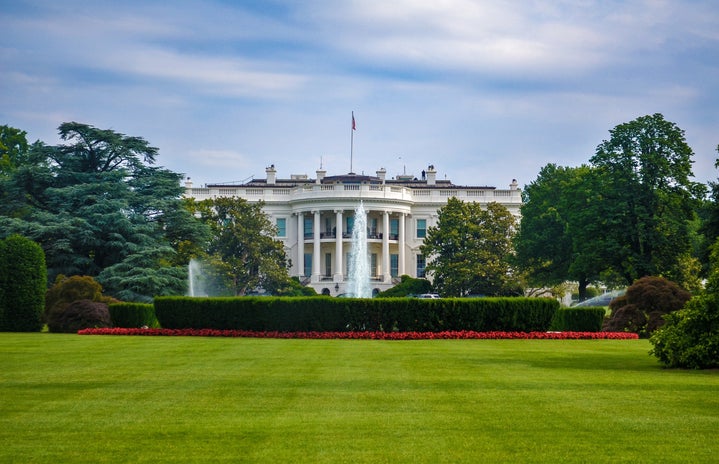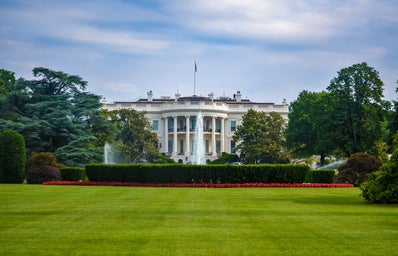The past 12 months have been a constant barrage of breaking news alerts. It seems that we can’t go a day without hearing about President Trump’s latest tweet or which of his Cabinet members has been fired. Most people have been obvious about their unhappiness in what the White House has accomplished in the past year and it’s estimated that over 300,000 people took to the streets on Jan. 20 to march in the Second Annual Women’s March.
Last year marked the beginning of a monumental movement. President Trump’s past remarks toward women ignited the initial movement after the 2016 election. According to most estimates, the 2017 Women’s March was one of, if not the largest, single-day demonstration in recorded U.S. history. This social movement, which centers around feminism, equality and activism, didn’t end with the 2017 demonstration. 2017 was the year of the woman according to some sources such as the Washington Post. The #MeToo movement is often attributed to finding its roots in the Women’s March because it encouraged women of all ages to stand up for equality and to no longer allow harassment to quietly continue.
Courtesy: CNN Chicago
Although this year’s Women’s March didn’t attract as many participants as last year, it’s estimated that over 200,000 people hit the streets in New York City and over 300,000 turned out in Chicago. Hundreds of thousands in cities across the country took to the streets to raise awareness of the movement’s message: that they’re still here. The first Women’s March made history because of its historic size and powerful message, that women from all backgrounds want to work together to dismantle any societal or political norms that oppress their gender.
2016 sparked this movement due to the President’s past remarks regarding his own harassment of women and his disrespectful comments toward female celebrities that tended to disagree with him. The Trump Administration hasn’t distanced itself from these perceived anti-woman ideals. In early October, the Department of Health and Human Services, along with the federal Justice Department, issued two new rules that would allow employers to not cover the cost of birth control under the guise of religious beliefs. These rules aren’t limited to just denying employees birth control, but could extend to denying basic civil rights to gay, lesbian, transgender and bisexual women (and men). This would all be considered legal and would avoid nondiscrimination laws because of “religious objections.” These federal agencies issued these new rules following Trump’s campaign platform, “we will not allow people of faith to be targeted, bullied or silenced anymore.”
Participants in the march stood up not only for reproductive rights, but for all women everywhere. The Trump administration’s immigration policies have put multiple minorities and ethnicities under fire, and this includes women. “Women’s rights are human rights” is an often-repeated mantra that went hand in hand with the women’s movement. Protestors chanted this mantra as they marched in the streets both this year and last year. With Trump’s “travel ban” and newly implemented immigration policy, the status of women and minorities has been put at risk in America. The Women’s March is a powerful reminder that women everywhere are affected by the current policy changes, whether they be American or international.
The demand for change has been a continuous conversation from both sides of the political spectrum, but 2017 was an extremely politically charged year. With a major change in the White House came a major change in the political climate of the country. Women across the country and across the globe have become more active and outspoken in their beliefs, not only for other women but for everyone. This confidence and interest can often be accredited back to the inaugural Women’s March last year. The 2018 march marks a new tradition: the yearly reminder that women are here to stay and they will not be ignored.
Courtesy: Huffington Post



